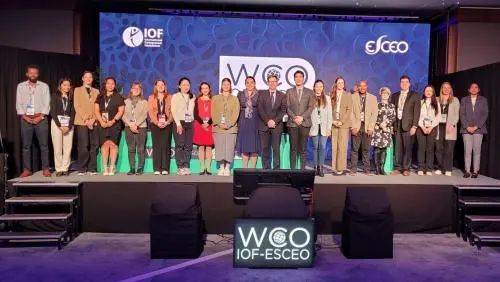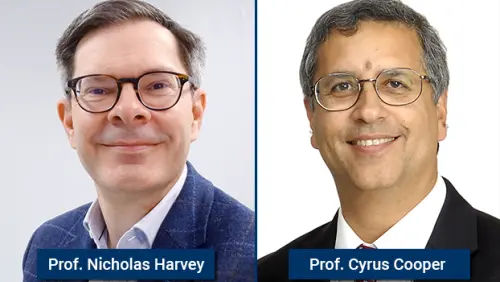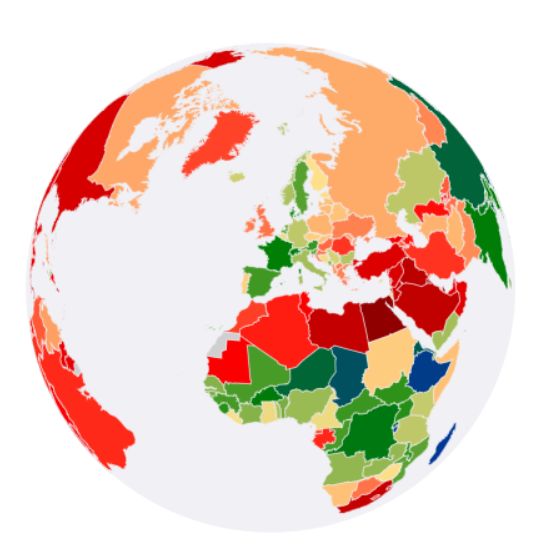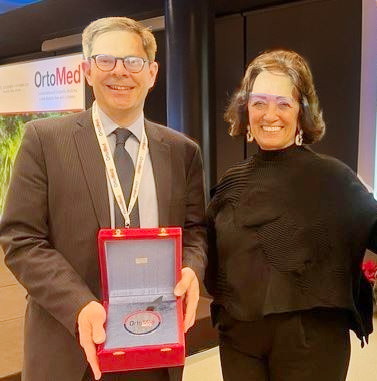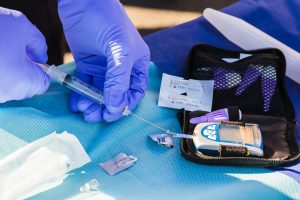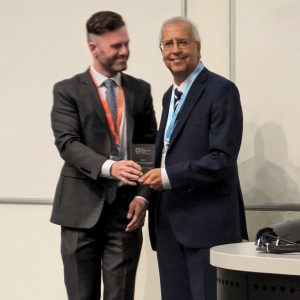Scientists at the MRC Lifecourse Epidemiology Unit, University of Southampton have worked with researchers from University of Queensland in Australia and McGill University in Canada to identify 153 new gene variants associated with loss of bone mineral density and an increased risk of fracture. The study comprises the largest ever genetic study of common age related bone thinning disease osteoporosis, and identifies 12 new gene regions in 8,570 participants, associated with Osteoporosis. These gene variants are being studied as part of novel biological pathways to identify possible drug targets to prevent or treat fragility fractures. The Geno Wide Association Study involved more than 140,000 individuals from the UK biobank with bone mineral density assessment using ultrasound of the heel. The study triples the number of genes known to be implicated in the loss of bone mineral density and the new gene variants account for 12% of the heritability of Osteoporosis. Professor Cyrus Cooper, Director of the MRC LEU said: ‘these results could be used to develop novel therapeutic interventions against Osteoporosis’; Professor Nicholas Harvey, MRC Lifecourse Epidemiology Unit, University of Southampton said ‘A further study is under way of half a million individuals to help prioritise the genes most likely to lead to these new treatments’.
The research is published in Nature Genetics.

